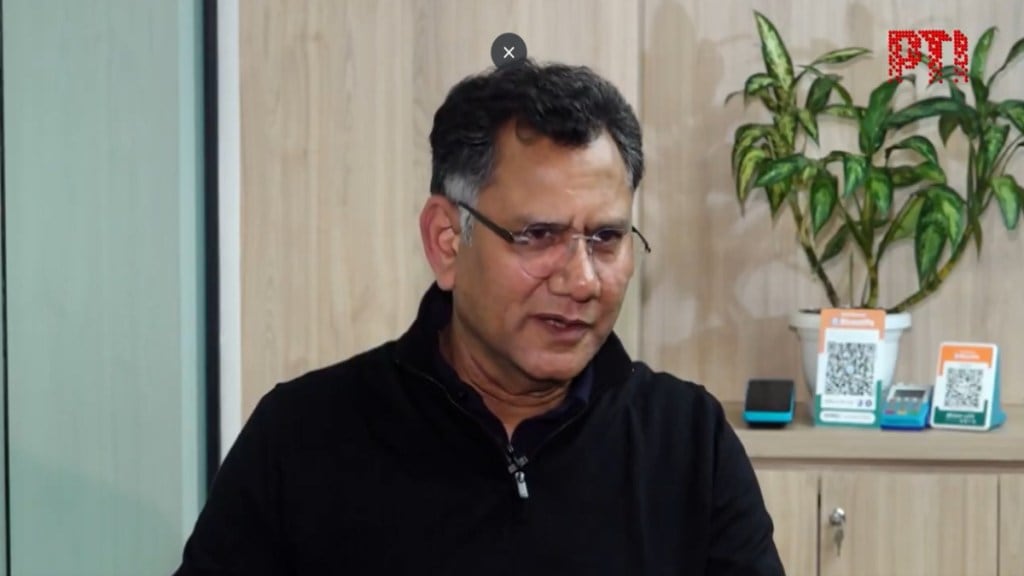As conversations around extreme work hours in corporate India intensify, BharatPe CEO Nalin Negi has emphasised that quality of work takes precedence over long hours clocked in. Negi’s remarks come amid heated debates triggered by corporate leaders’ comments suggesting extended workweeks, including the controversial idea of a 90-hour workweek.
Quality Over Quantity: Negi’s Perspective on Productivity
Negi underscored the importance of quality work during an interview with PTI, firmly stating that a 90-hour workweek is neither feasible nor productive. “Ninety hours is quite a number of hours to put in, and becomes very difficult. So I would say (it is about) quality… quality matters,” Negi said.
Highlighting BharatPe’s approach, Negi explained that the fintech company prioritizes creating a work environment that enables employees to perform their best without imposing rigid hours. “We aim to provide a comfortable and enabling setting where employees can put in their best,” he added.
Fostering a Flexible and Employee-Friendly Culture
BharatPe, a six-year-old company, is actively working to establish itself as an employee-centric organization. Negi noted that young organizations have the opportunity to shape a unique workplace culture, free from the rigidity often found in older corporations. “We would definitely like BharatPe to be known as an employee-friendly company, a company that offers careers to people, not jobs,” he said.
Negi also highlighted the role of employee satisfaction in driving productivity. “A happy employee will give you a lot… someone who is involved and enjoying their job will do the work without constant follow-ups,” he remarked.
90-Hour Workweek Debate in India Inc
The conversation around extreme work hours gained traction after L&T Chairman SN Subrahmanyan suggested a 90-hour workweek, including Sundays, as a way to maximize productivity. The statement sparked widespread criticism and reignited discussions about work-life balance in corporate India.
Prominent voices, including RPG Enterprises Chairman Harsh Goenka and Marico Ltd Chairman Harsh Mariwala, weighed in on the issue. Goenka warned against turning life into “a perpetual office shift,” while Mariwala stressed that success stems from the quality and passion brought to work, not the hours clocked.
ITC Chairman Sanjiv Puri also echoed similar sentiments, emphasising that empowering employees to reach their potential is more critical than demanding long hours.
Global Perspectives on Hustle Culture
Globally, the narrative of long work hours has been fueled by influential leaders such as Infosys co-founder NR Narayana Murthy and Tesla CEO Elon Musk. Murthy recently suggested that young professionals should work 70 hours a week to boost productivity, while Musk has previously stated, “Nobody ever changed the world on 40 hours a week.”
However, critics argue that such approaches risk burnout and reduced efficiency. Public discourse increasingly leans toward promoting a balanced work-life dynamic, recognising that productivity is driven by meaningful engagement rather than excessive hours.
Reimagining Productivity in Corporate India
The ongoing debate highlights a fundamental question about modern workplaces: Is productivity determined by hours or by the quality of contributions? Leaders like Nalin Negi advocate for the latter, focusing on creating environments where employees thrive and contribute effectively without sacrificing their well-being.
As organizations navigate this complex issue, the emphasis on work-life balance and employee satisfaction is likely to shape the future of corporate culture in India and beyond.
